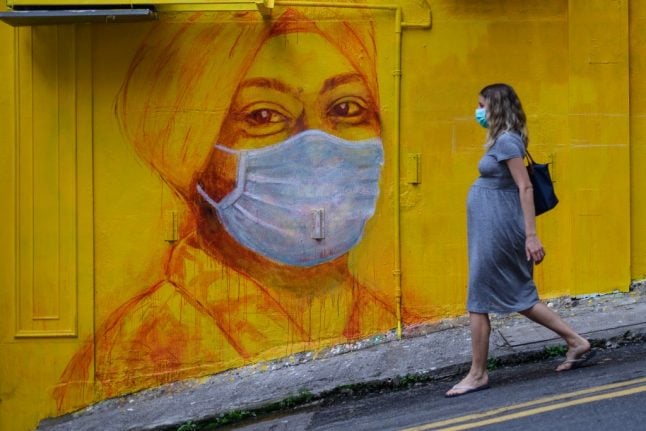The Bologna court said the couple should immediately be given access to the fertility treatment, ending a legal battle which has lasted four years.
The couple first went to court in 2010 after being denied the use of a donor, despite the European Court of Human Rights saying the ban was illegitimate, Filomena Gallo from their legal team told The Local.
A breakthrough in their case came on April 9th, when Italy’s Constitutional Court ordered the nationwide ban be lifted as it went against people’s right to a family life. Although the decision stopped court proceedings in Bologna, as the couple can now legally access donors, the legal team went back to make an additional request.
“We had a follow-up audience after the ban was lifted and asked Judge Costanza if the court could order that the couple receive immediately treatment, as they have waited since 2010 and must not go on the waiting list,” Gallo said.
They request was granted and the couple is now allowed the go ahead with treatment “immediately”, while hundreds of other couples have joined lengthy waiting lists in recent months.
Gallo said the couple is “happy about the great news” and plan to get in touch with the fertility clinic once they return from holiday.
Responding to the ruling, local councillor Carlo Lusenti said he had urged the health commission from the Conference of the Regions to take action, to draw up guidelines for how the treatment should be managed. The commission is due to draw up new norms by September 1st, Lusenti told La Repubblica.
Some Italians couples have already been able to access egg and sperm donors. Just weeks after the ban was lifted, three couples in Rome announced they were pregnant.



 Please whitelist us to continue reading.
Please whitelist us to continue reading.
Member comments